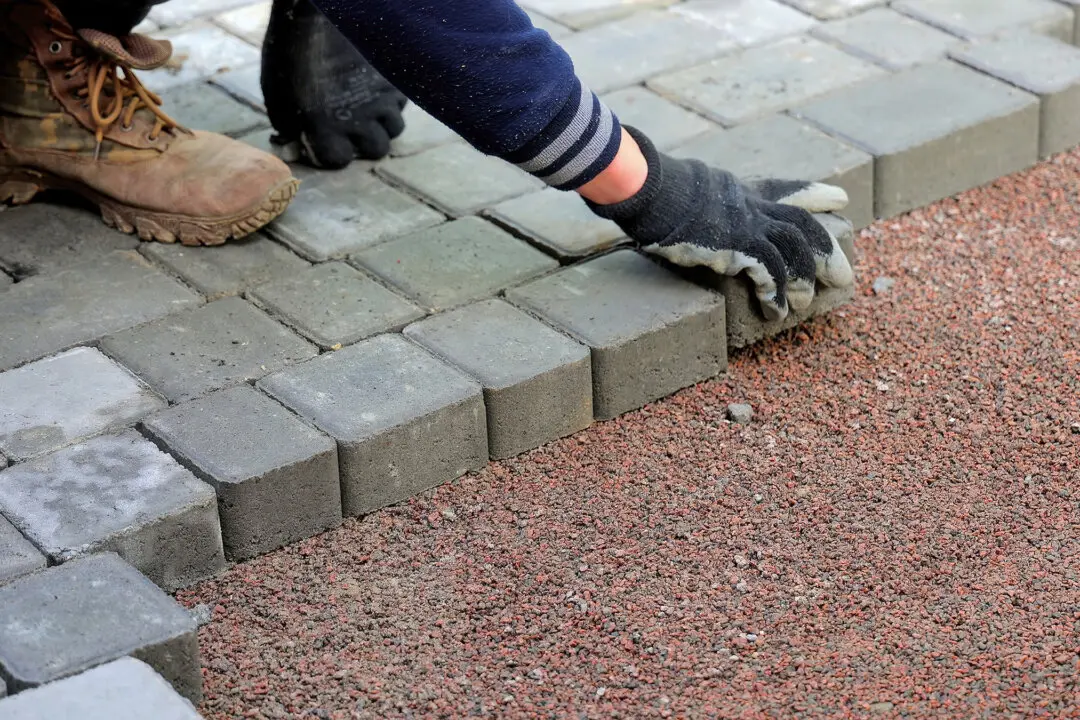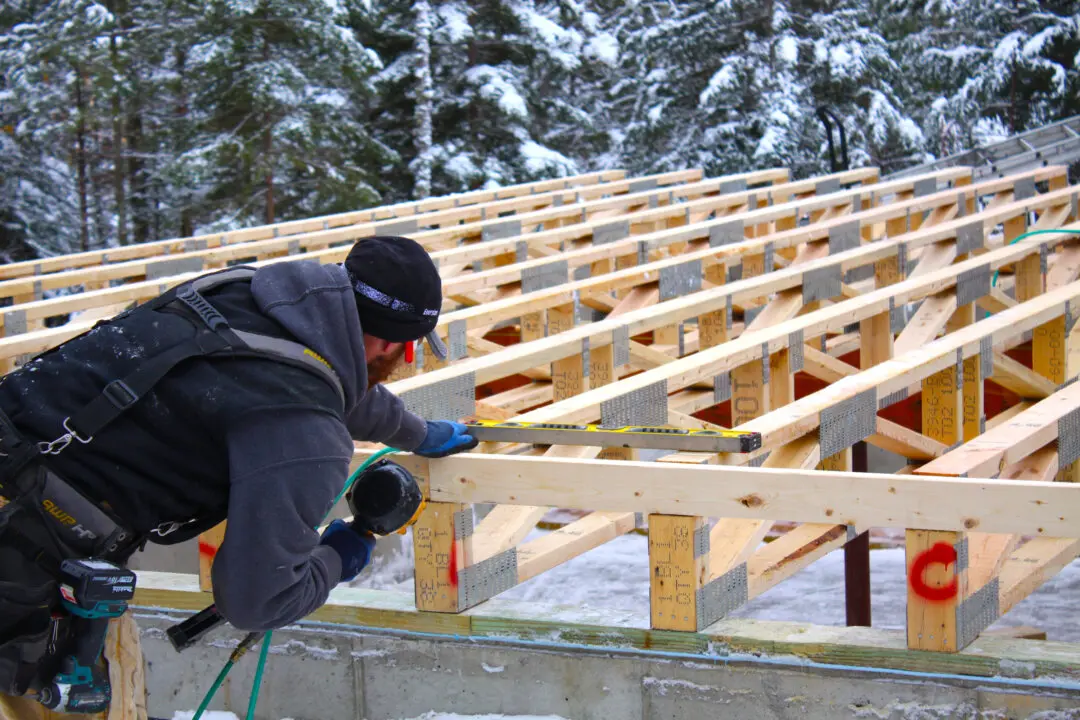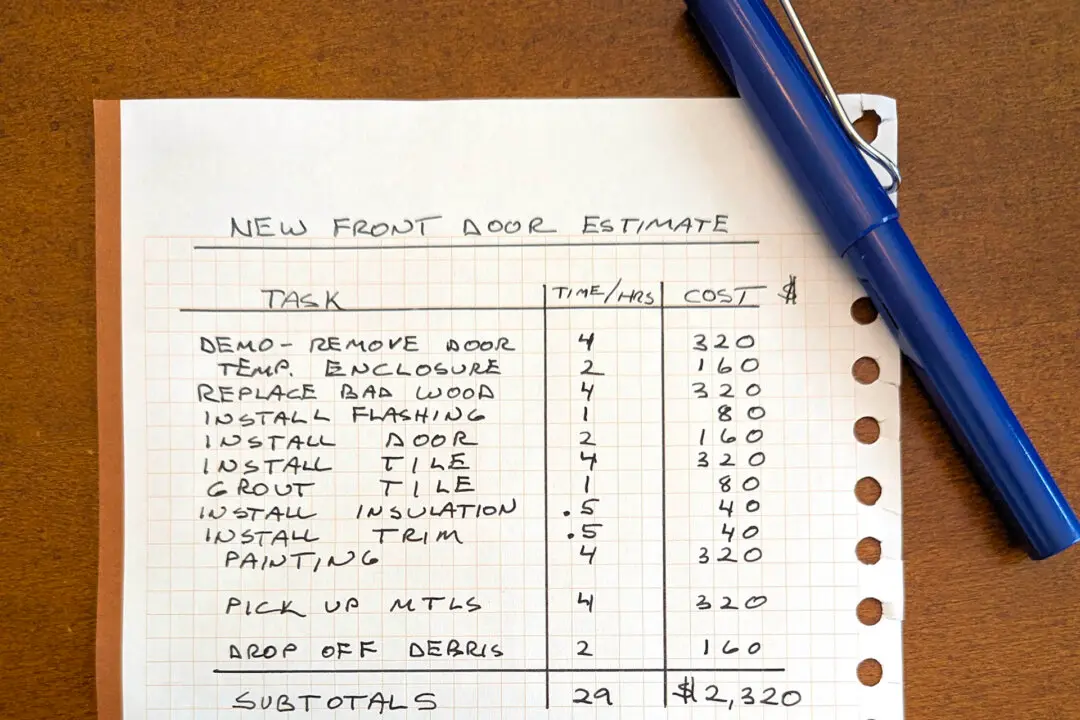As a columnist, it’s my job to save you money and time on every repair or improvement project you plan for your home.
While I try my best, I’m thwarted by at least two factors. First and foremost, there are thousands of contractors who do less than acceptable work. I hear about them from readers like you every single day.
The next problem is you. It’s tough-love time. In every autopsy I do for homeowners who are victims of poor workmanship, I find a fatal mix of hope and misplaced trust.
It’s natural for you to trust that the person you hire will do a good job. But hope is an emotion that should only be reserved for things you can’t control, like the weather and winning lottery numbers. Don’t ever hope the job goes well. Do your due diligence to ensure a happy ending.
Allow me to share two examples. The first one happened just last week. A young woman my wife and I know from church reached out to me. She was desperate for plumbing help after she noticed a sudden a leak in a ceiling in the lower level of her condo.
Knowing how to prioritize leaks, I asked if water was dripping constantly. No, she replied, “It’s just a water spot that appeared that wasn’t there a few days ago.”
I knew it wasn’t an emergency such as a pinhole leak in a water supply pipe, which would cause a stream of water or a constant drip. I texted her that I'd be there the next day.
Once I arrived at the condo and looked at the stain, it was time for questions. I asked: “What happened here in the past few days that was unusual? Have you had strangers in the house or contractors?”
She responded, “Oh, yes, just a few days ago a flooring contractor finished installing a new laminate floor upstairs.”
We climbed the flight of steps and I walked over to the spot just above the water-stained ceiling below. I was standing inside a half bathroom. The young woman added: “The flooring contractor took off the toilet and put it back down after he installed the flooring. He said everything would be fine.”
While the flooring contractor’s intentions may have been good, he broke the all-important toilet gasket seal and buried the toilet flange with the new laminate flooring. Now, each time the toilet was flushed, water splashed around under the toilet, and some leaked out around the toilet flange. It then passed through the hole cut in the sub-flooring for the drain pipe. Gravity then deposited the water on the drywall fastened, for the time being, to the bottom of the floor joists.





